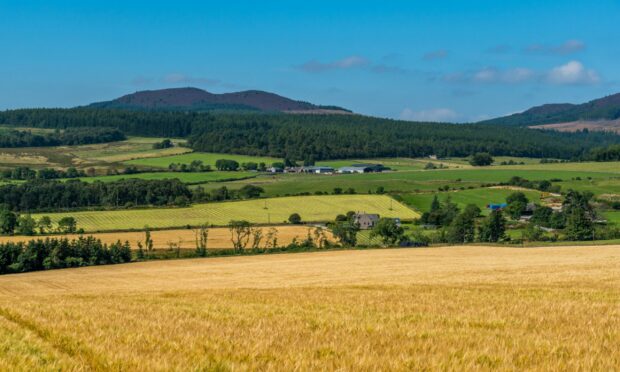The EU farm commissioner, Janusz Wojiechowski, has used a state of the union speech to set out the four cornerstones of EU priorities in farming and food.
He said the most important is food security, followed by stability, sustainability and solidarity. He said the fact that Europe had a secure supply of high quality food was thanks to the work of farmers.
He said this had been tested by Covid and the war in Ukraine, but that farmers had met all those challenges. He stressed that other countries did not enjoy that level of food security and committed the EU, as a major exporter, to being part of the solution. On stability he said this depended on stemming the exodus of farmers, claiming the answer remains targeted income stability through the CAP.
Janusz Wojiechowski: Farmers in the front line against climate change
On sustainability Wojiechowski said farmers were in the front line in the battle against climate change, citing last year’s drought as an example. He committed the EU to greater action, with the CAP an instrument to deliver change.
On solidarity he said the EU would be a key partner in the challenge to feed a global population set to hit ten billion by 2050. In his conclusions Wojiechowski said society depended on food security which in turn depends on farmers; he added that farmers depended on the environment and that ultimately, with a growing world population, we all depend on each other.
The EU has finalised a 100 million euro package to keep five member states on board with its policy of allowing Ukraine easy access to the single market. It has also agreed some short term technical changes to market regulations in these five countries for some commodities from Ukraine.
The countries – Bulgaria, Romania, Poland, Hungary and Slovakia – had claimed a surge in imports threatened market structures and farm viability. The deal to directly support farmers came with a warning that member states must make sacrifices as part of the wider battle against Russian aggression in Ukraine.
The trade body representing European oil crushers has criticised any moves to protect these counties that potentially undermine the EU single market and send negative signals to Ukrainian farmers managing to produce crops in a war zone.
The European Commission has approved, under state aid rules, two Dutch schemes with a total budget of around £1.3 billion to reduce nitrogen levels in nature conservation areas.
Green Deal programme
The Commission says the measures will contribute to the objectives of its Green Deal programme. The Dutch schemes, LBV and LBV plus, will compensate farmers for the voluntary ending of livestock production on sensitive sites where excess nitrogen is a problem.
The aim is to stop this getting worse and in the longer term some reversal of damage. The schemes will be in place until 2028 and are open to small and medium sized farmers. Aid is conditional on areas having an established nitrate problem.
Meanwhile, the EU and Norway have signed a new green deal to cooperate in wide range of areas. Like the UK, Norway is not an EU member state, but as a member of the European Economic Area it has full access to the EU single market – a position that will be strengthened by this new agreement.

Conversation